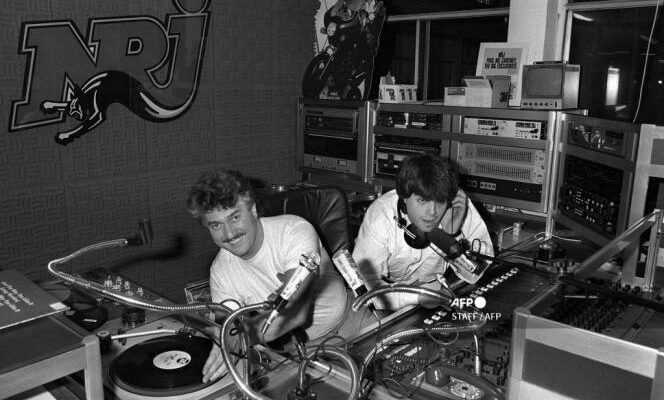Jean Lebrun produces programs for France Inter such as “La Marche de l’histoire” (until 2020) or “Intelligence Service”. He is the author of a daily column, “Le Vif de l’histoire”.
Radio is 100 years old, is it so different from what it was when it started?
I can draw a cursory comparison. In the early days of radio, people built their receivers themselves, it was easy. There were all kinds, all sizes, in different woods, on which listeners were very proud to find frequencies that had not been reached by their neighbors. Receiving a French frequency was not that difficult, but having the Leipzig station or any other foreign frequency that the others had not thought of was something else! This is how, by a kind of geographical stroll, people composed their program. The self-production of the listener is therefore not such a new phenomenon.
Radio is the medium in which people place their trust the most, whereas, paradoxically, it was first used as an instrument of propaganda …
It has even been said that, without the radio, there would not have been fascism … During the Second World War, there was Radio Vichy (the state radio then repatriated to Paris), Radio Paris and Radio Londres, before that competition will soon concentrate between Paris and London. They then invented this mixture of entertainment and information that we still know today. On Radio Paris, the collaborationist Philippe Henriot played the canard, voluntarily telling false news – we would speak of “fake news” today -, while Radio London, even if it sometimes has a policy of omitting the truth, does all the same of this one a lantern in the night.
So what makes the difference to listeners’ ears is accuracy. This is also the reason why Swiss Radio presenter René Payot was triumphantly welcomed in Paris the day after the Liberation! Since Geneva, he was the embodiment of objectivity, in the sense of neutrality.
Activist radios, such as Radio Verte Fessenheim, born in 1977, or Lorraine Heart of Steel, in 1979, which experienced the freedom of the airwaves before 1981, have they been able to contribute to the confidence and affection for this medium? ?
I do not know if they have had much influence on public opinion, because their existence remains marginal. On the other hand, they kept the radio flames young. Because it is a constant: at each stage of its history, the radio is a business of young people. When Maurice Privat presented the newspaper in the 1920s, he was 25 years old. The members of the Radio London and Radio Paris teams are between 20 and 30 years old. Free radio stations are emerging under the impetus of young enthusiasts. Today, podcast producers are young.
You have 13.86% of this article left to read. The rest is for subscribers only.
